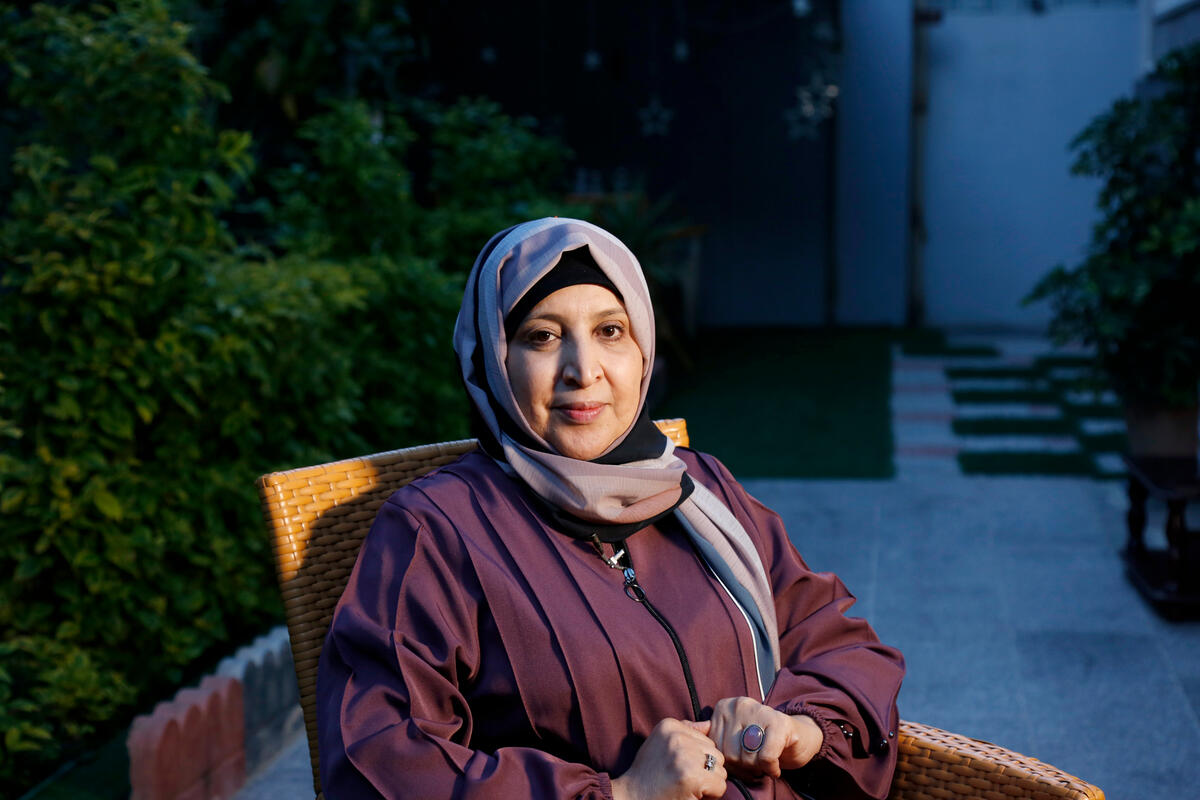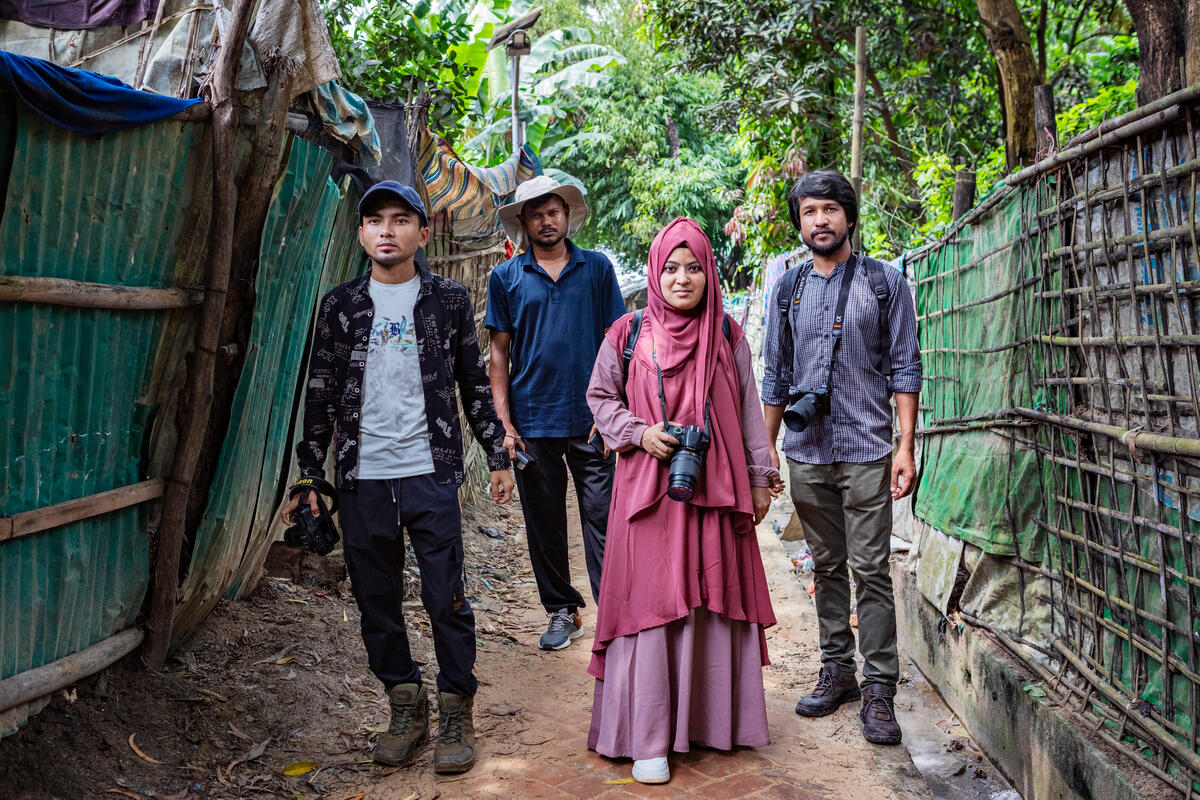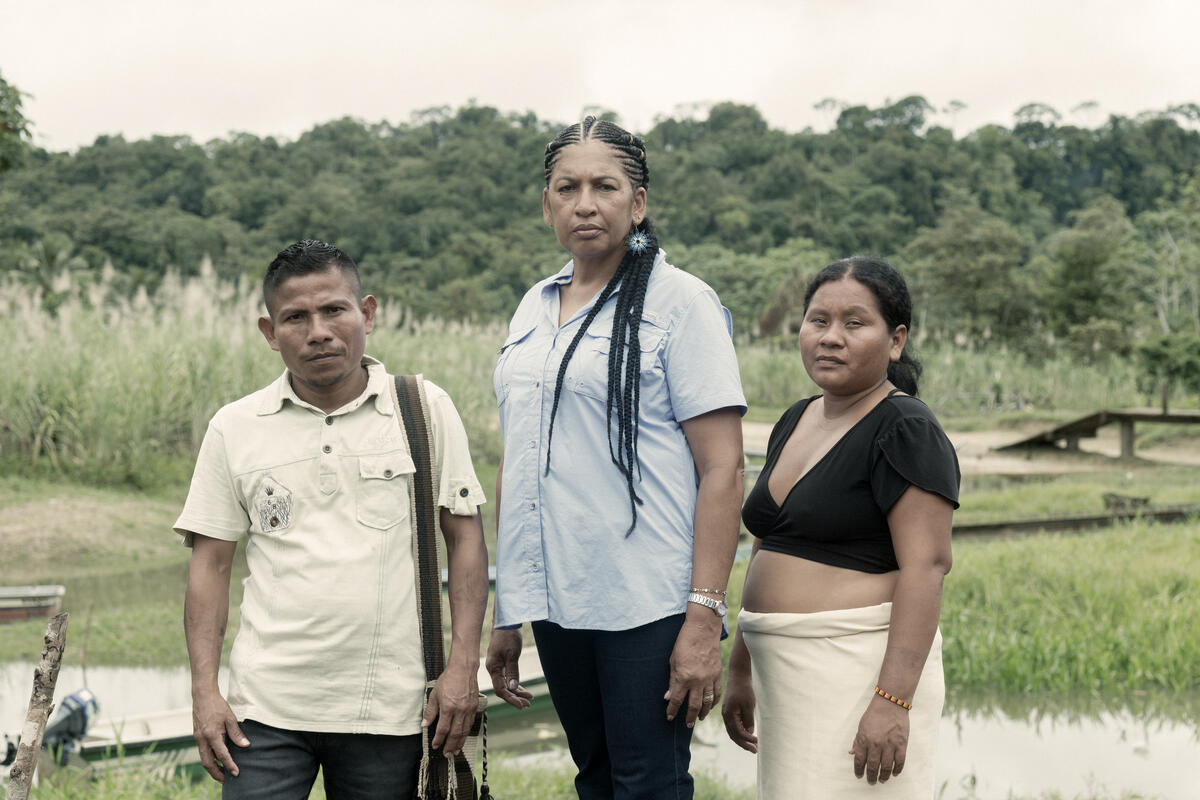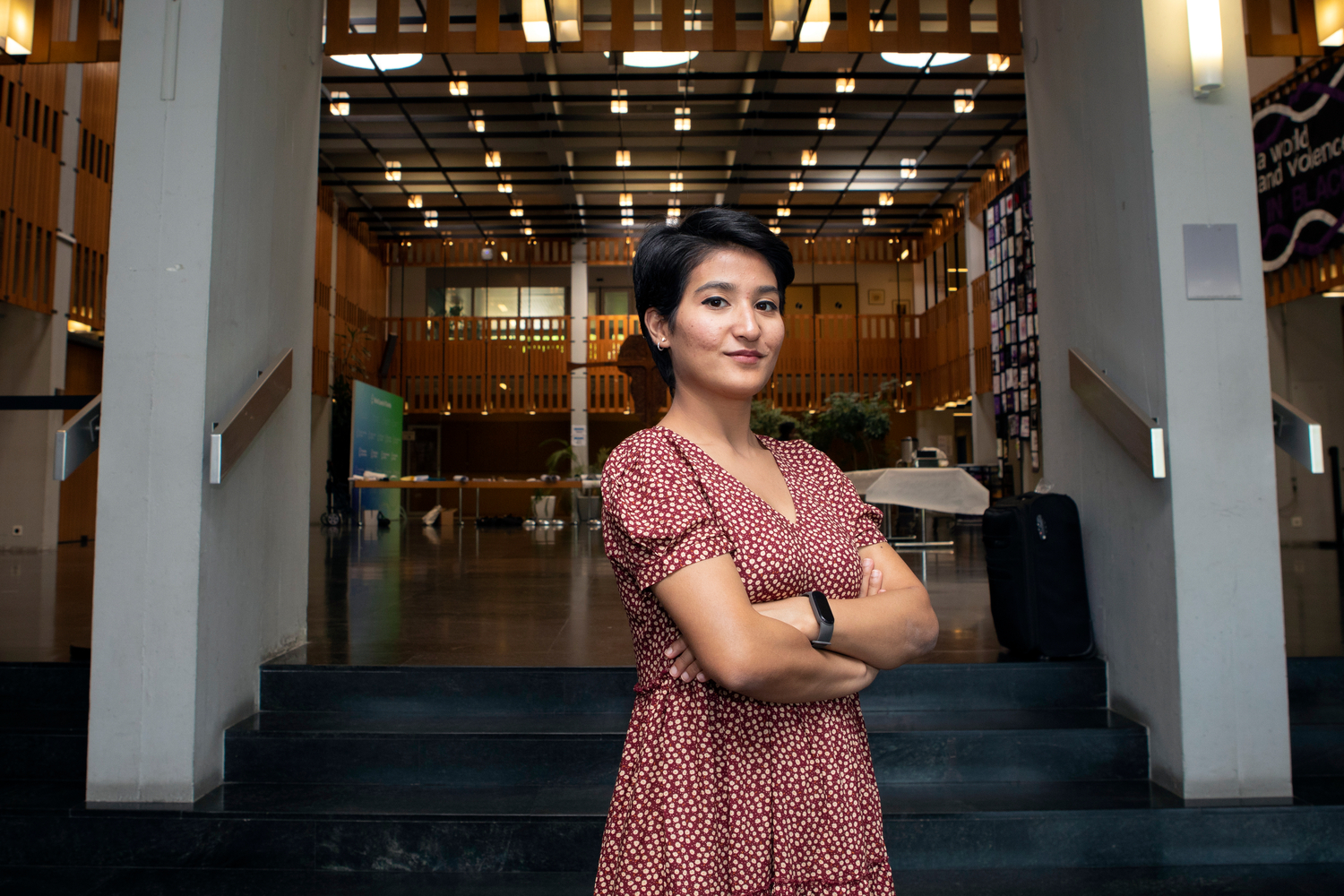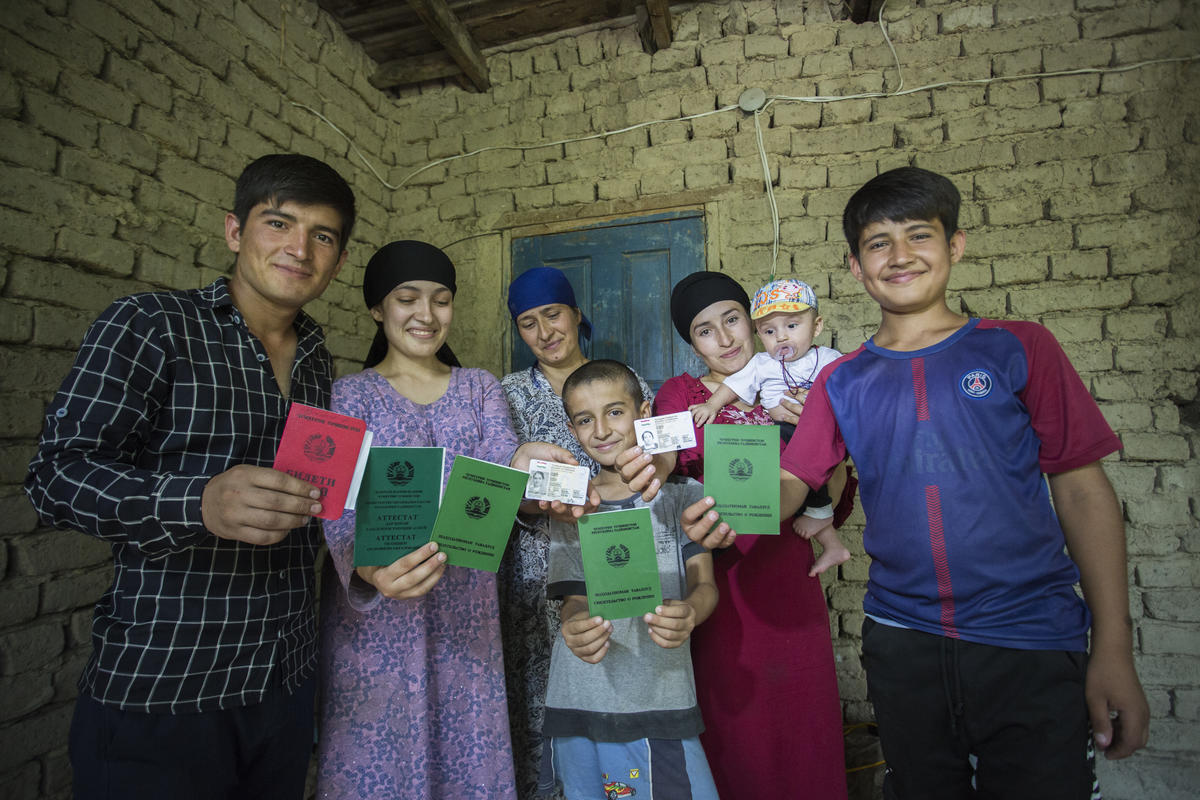Rights campaigner fights for Thailand's stateless peoples
Rights campaigner fights for Thailand's stateless peoples
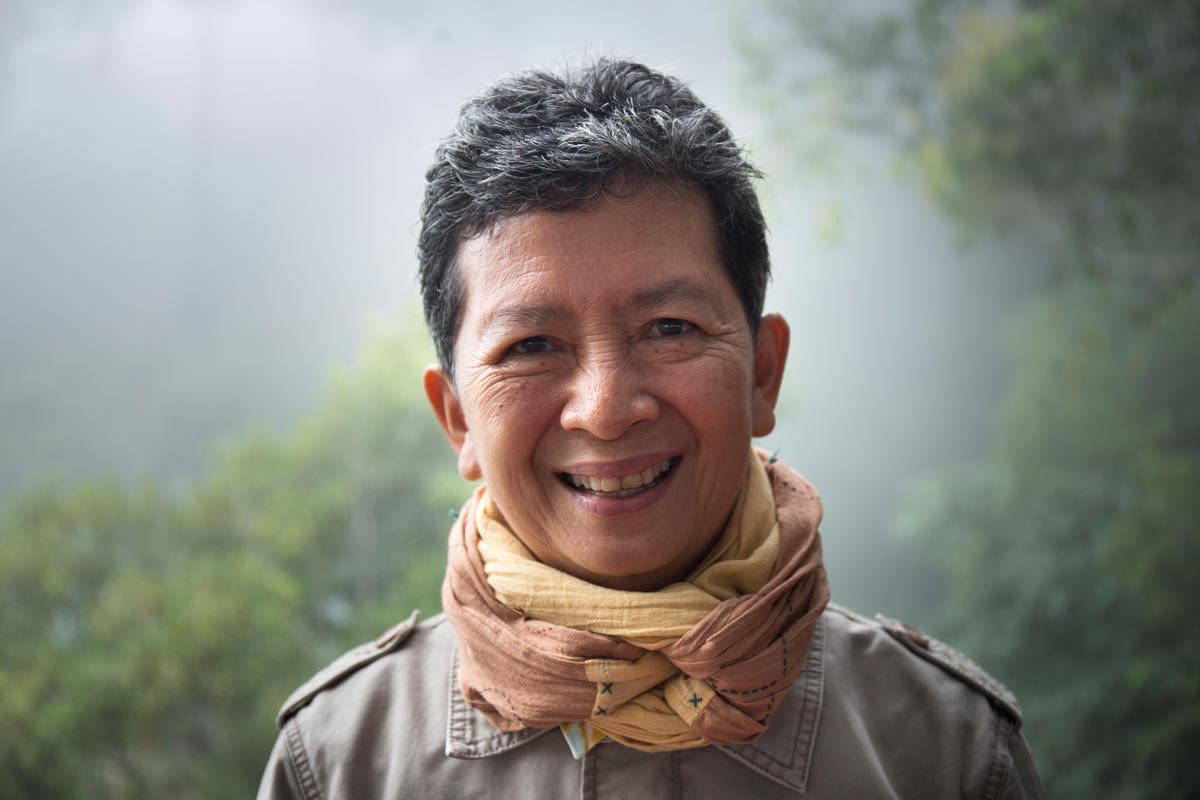
Natee grew up with no nationality, like thousands of hill tribe children in northern Thailand. Statelessness can compound poor living conditions, preventing access to health services and education, leading to discrimination and, often, a lifetime of uncertainty.
Natee’s life was transformed with the help of Tuenjai Deetes, who came to her village as a volunteer in 1973 to teach the Thai language.
“Tuenjai helped everyone in my village, and other hill tribe communities,” Natee says. “She helped us to acquire Thai nationality, to have basic rights that everyone is entitled to.”
Tuenjai has been nominated as the regional finalist for Asia in the 2018 UNHCR Nansen Refugee Award. The annual award celebrates those who have gone to extraordinary lengths to support refugees and asylum seekers, stateless persons, and the internally displaced.
It is named in honour of Norwegian explorer and humanitarian Fridtjof Nansen, the first High Commissioner for Refugees appointed by the League of Nations in 1921.
“I dreamt of an inclusive society where diversity is embraced.”
Tuenjai was 20 when she began her work with poor hill tribes in Chiang Rai province. Over the next four decades, she came to understand the severe difficulties they faced because of their lack of nationality, and worked to overcome them.
“When I first started working, around 40 years ago, there were not many people in Thailand who understood the issue and gave importance to resolving statelessness successfully,” Tuenjai, now 66, told UNHCR, the UN Refugee Agency.
“I dreamt of an inclusive society where diversity is embraced, and all people can fully exercise their rights and develop their potential”.
She co-founded the Hill Area Development Foundation (HADF), which works to develop self-reliant communities, promoting education, sustainable agricultural practices and leadership.
Since then, she has received numerous awards and accolades. She was elected as a senator for Chiang Rai Province in 2000 and then appointed as a member of the National Legislative Assembly in 2006.
“I had education, health care, and I felt safe when I travelled.”
As a legislator, she has worked to implement two vital laws concerning nationality and civil registration. This paved the way for hundreds of thousands of stateless people in Thailand to apply for nationality.
At least 10 million people worldwide are denied a nationality. As a result, they often are not allowed to attend school, visit a doctor, get a job or even marry. However, over the years, statelessness in Thailand has declined considerably and, since 2008, more than 90,000 people have acquired nationality. Thanks to Tuenjai, Natee is one of them.
“If we don’t have Thai nationality, we don’t have rights, we are invisible,” says Natee, now aged 42. “After I acquired nationality, I had rights like others do, I felt confident, I was no longer disadvantaged. I had a better quality of life, I had education, health care, and I felt safe when I travelled.”
Tuenjai became a National Human Rights Commissioner in 2015 and continues to campaign for the stateless, working to improve conditions for hill tribe communities.
German mayor sets example of how to welcome refugees
‘Women of the World’ helps refugees adjust to life in US






